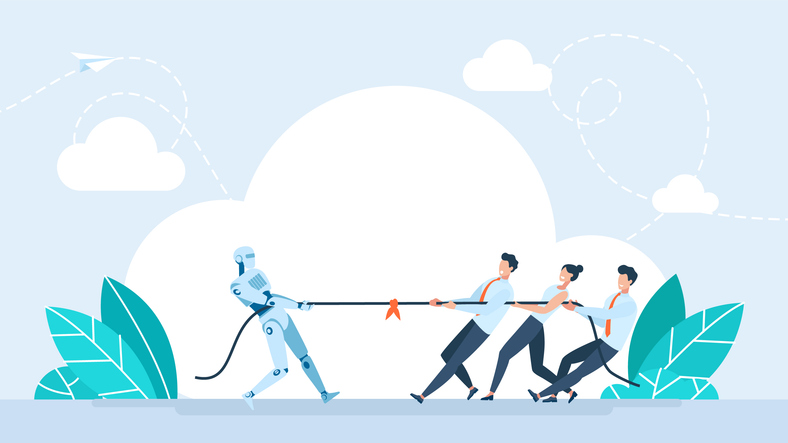
"Although it is a relief not to have to do document review until your eyes are bleary, and it is also a relief not to have to draft basic discovery documents (those pesky interrogatories, requests for admission, and document requests) or respond to them with objections and redactions galore, up to now, there has been some comfort in thinking that certain duties, responsibilities, and obligations that lawyers have cannot be replicated by AI."
"Just Google Tilly's name to read stories about her and what her potential is to affect the entertainment industry and not in good ways. She doesn't have to belong to a union to get work, she doesn't have a limit on her working hours, and she probably won't need publicists, agents, and others in the entourage that have been hallmarks of the talent industry."
"I started thinking (always perilous for me) about what would happen if AI started to create lawyers? Would there be any restrictions on the kind of work that they could do? Let's name one lawyer: Arthur Indolent (aka AI for short). What would AI be allowed to do? Would AI be able to take or defend depositions? Would AI be able to meet with clients (most likely over Zoom) and provide legal advice?"
Many lawyers have long worried about artificial intelligence encroaching on legal work. Automation has relieved burdens such as document review and drafting basic discovery, but some core legal duties were thought to remain uniquely human. The creation of an AI actress illustrates AI's growing ability to substitute for professionals and to bypass traditional labor structures. Imagining AI lawyers raises concrete questions about permitted activities, client meetings, depositions, legal advice, bar admission, and whether AI could obtain licenses or bypass law school and bar exams. The applicability of ethical responsibilities and professional duties to AI-based practitioners remains an open and urgent issue.
Read at Above the Law
Unable to calculate read time
Collection
[
|
...
]